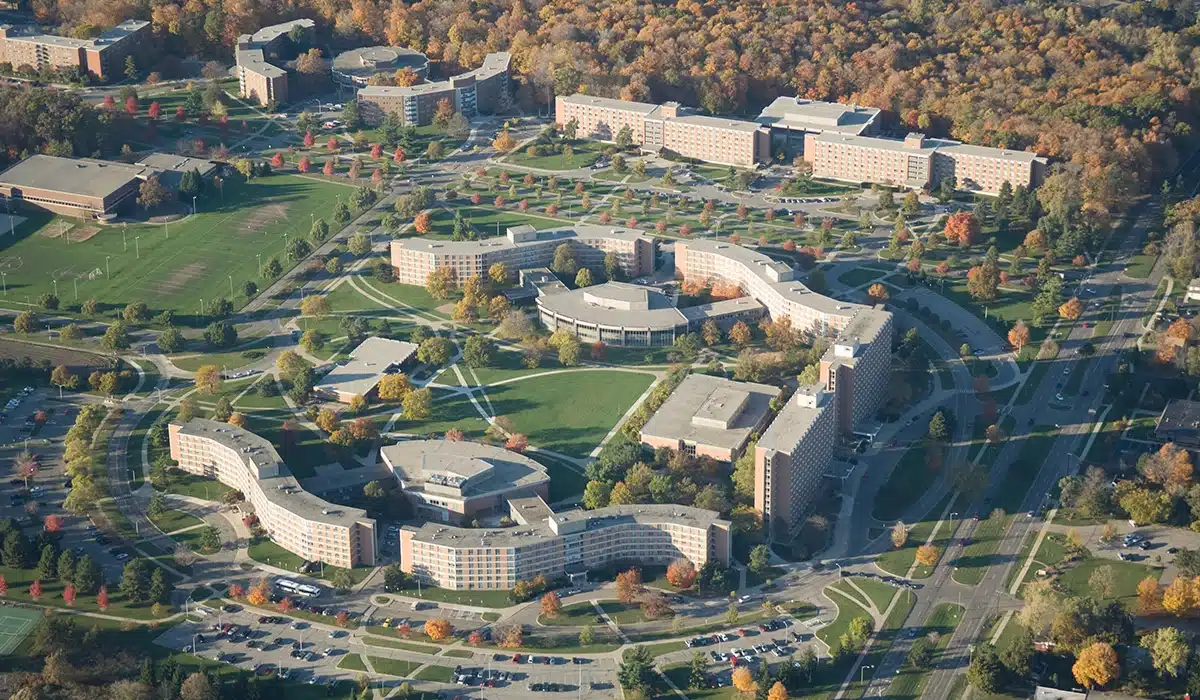Key Takeaways:
- MSU-CANR Signs LoI with African Food Security: Michigan State University’s College of Agriculture and Natural Resources (CANR) signed a Letter of Intent with African Food Security (AFS) to explore collaborative opportunities.
- Global Agricultural Expertise: MSU is a recognized global leader in agricultural research, education, and outreach.
- Focus on Education and Skills Transfer: The collaboration aims to enhance agricultural education and skills transfer in Cameroon and potentially other regions.
- Potential Areas of Collaboration: Focus areas include agronomy, animal husbandry, soil health, and the creation of a Center of Excellence.
- Long-term Goal: The collaboration seeks to transform Cameroon from an importer to an exporter of maize and improve overall food security.
Michigan State University (MSU) College of Agriculture and Natural Resources (CANR) has signed a Letter of Intent (LoI) to discuss and explore collaborative opportunities with African Food Security (AFS), an agricultural development company based in Cameroon. This partnership aims to leverage MSU’s extensive expertise in agriculture to enhance food security and agricultural development in Cameroon.
MSU’s Global Agricultural Expertise
MSU, a premier land-grant university in the United States, is recognized as a worldwide center of excellence in international agricultural research, education, and outreach. Over several decades, MSU's College of Agriculture and Natural Resources (CANR) has developed and implemented numerous collaborative research, education, outreach, and technology transfer programs with public and private organizations and universities globally. CANR faculty, staff, and students are currently engaged in collaborative programs in over 80 countries, advancing knowledge and transforming lives.
Partnership Goals and Opportunities
The LoI between MSU and AFS marks the beginning of a promising collaboration aimed at transforming agricultural practices in Cameroon. Speaking in Dubai, UAE, AFS Chairman Zayd Baba highlighted the significance of this partnership. “This collaboration will bring a major aspect to our development of a world-class project on the African continent via skills transfer. The sustainable nature of education cannot be measured as a precursor to development.”
Collaborative Areas and Impact
Under the terms of the LoI, MSU and AFS will explore collaborations in educational programs and faculty and student exchanges at designated Cameroonian universities, including the University of Ngaoundere and the University of Maroua. The broad areas for collaboration include agronomy, animal husbandry, soil health, cattle feed, greenhouse gas emissions, and animal genetics. There is also potential for creating a joint Center of Excellence in the United Arab Emirates (UAE) or West Africa.
Addressing Food Security in Cameroon
Alan Kessler, CEO of African Food Security, emphasized the critical need for this collaboration. Speaking in Yaounde, Cameroon, he stated, “It is unacceptable that with such optimal conditions for food productivity between rain, soil, and sun, Cameroon acts as an importer of maize. This collaboration will drive our ability to shift the country to an exporter over time, utilizing the African Free Trade Agreement.”
Kessler further highlighted the importance of MSU's global experience in nurturing cattle health and nutrition and enhancing broader food and feed access. “Finally, because the country has such a rich diversity from rain forest to desert, the adaptive nature and scientific base of its genetic and nutritional pool will dramatically accelerate our learning curve,” he added.



1 Comment